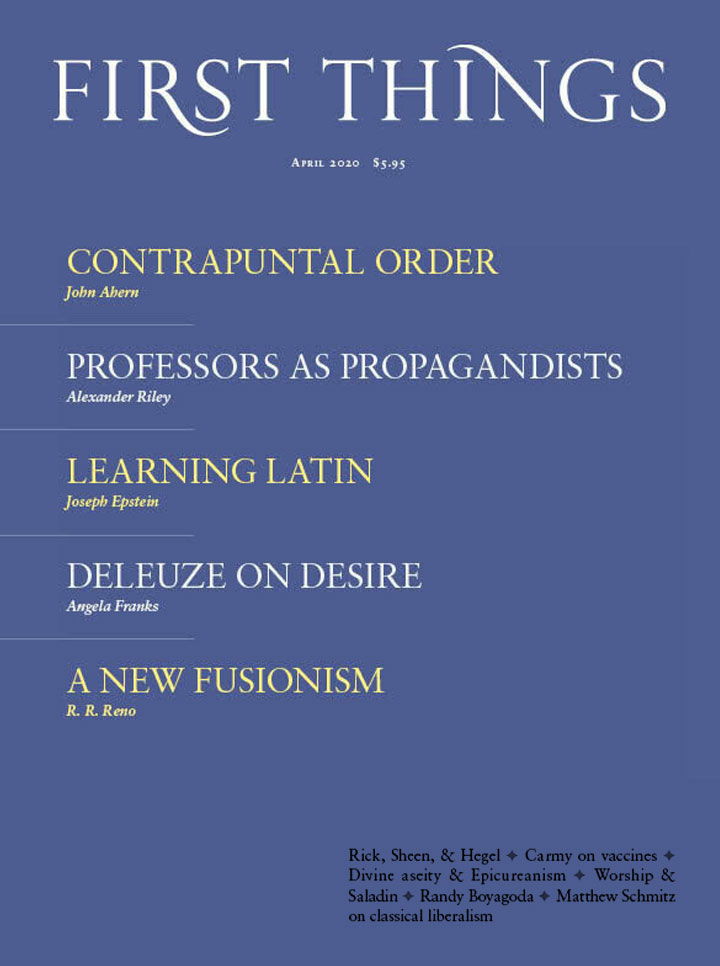I am blind and burnt.
An old man taught me home’s forgetting,
murderous seducer left me lost,
took the last path I knew
drained past parents piety.
I watched him mix them with hemlock
saying follow me as his legs went cold.
Some strange immortality closed his eyes
as he gave my hopes to Hades.
More than all I loved him, I loved
his insistent dying, his selfish folly
his lips when they swayed me to his side.
But I am dying unkissed in darkness
worse than Lethe he called truth—
I would settle now
for a flash of Aegean sun.
—Samuel Loncar
Restoring the Chaplain Corps’ Moral Backbone
Secretary of War Pete Hegseth announced that he is revamping the U.S. military’s chaplain corps as part…
Just Stop It
Earlier this summer, Egypt’s Ministry of Religious Endowments launched a new campaign. It is entitled “Correct Your…
Kathy Hochul, Champion of the Culture of Death
Yesterday, New York Governor Kathy Hochul announced her intention to sign the Medical Aid in Dying Act,…


